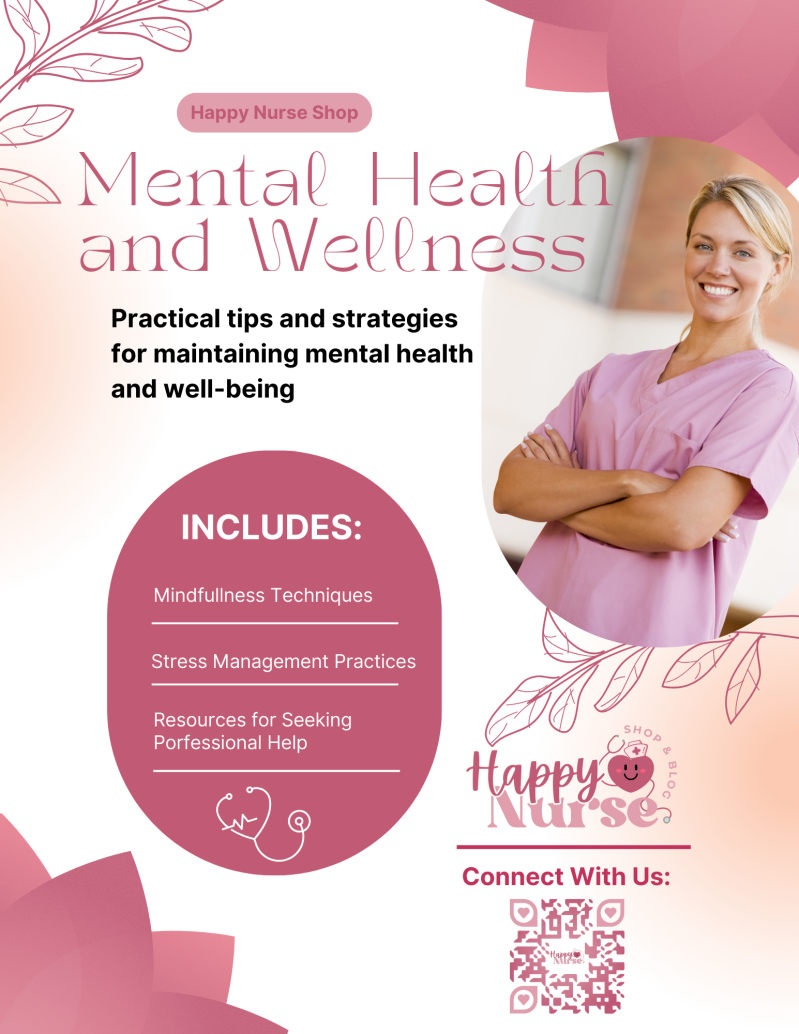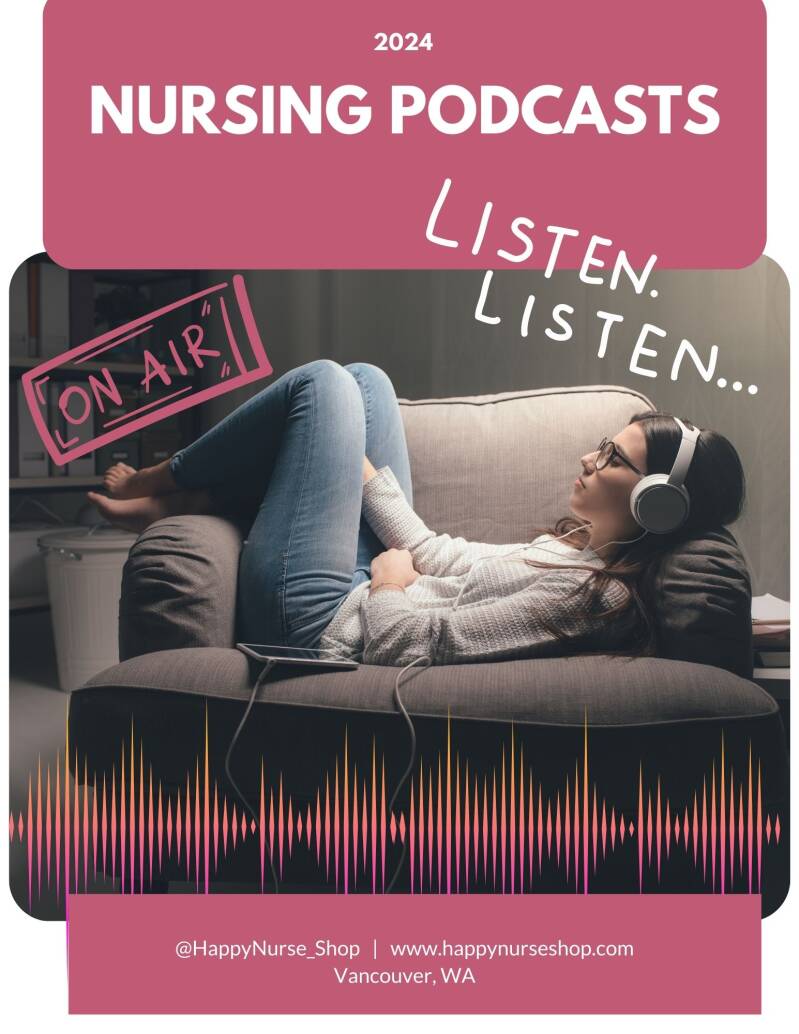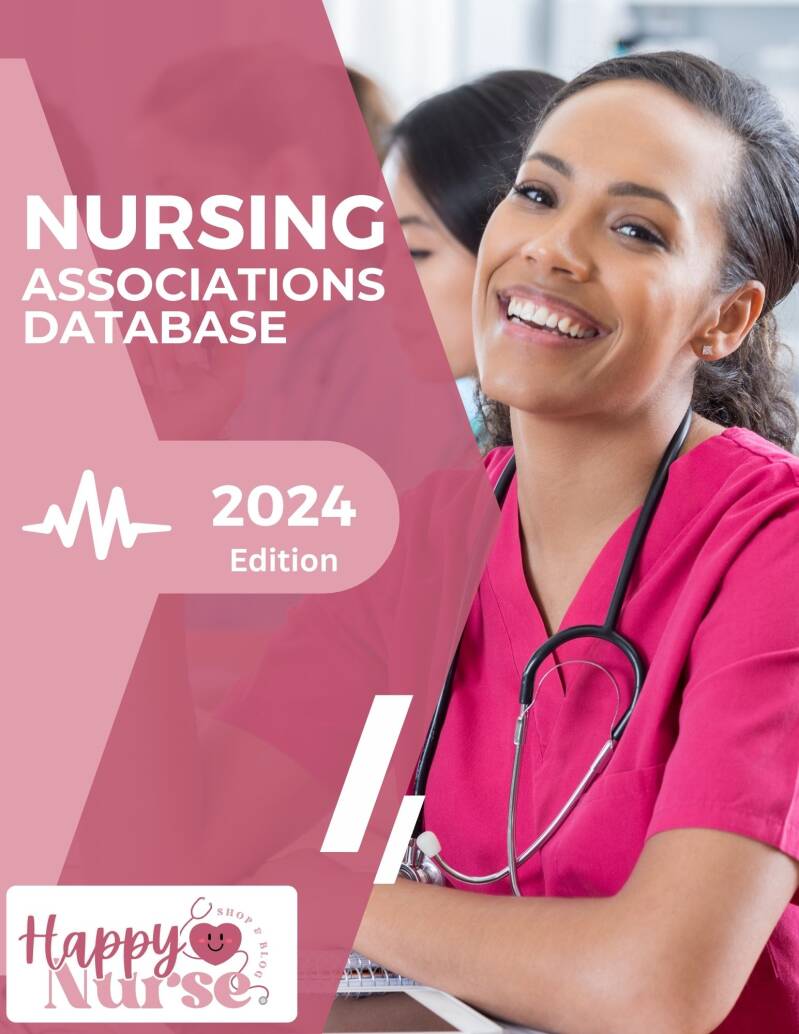Free Resources

At Happy Nurse, we are dedicated to providing valuable resources for new nurses, existing nurses, and student nurses. Our 'Freebies' page offers a variety of valuable resources to help you excel in your nursing career. From shift reports to quick help guides and flow sheets, we've got you covered. We understand the challenges you face and are here to support you every step of the way.
QUICK LINKS
Join the Happy Nurse Shop Discussion Forum Today!
Connect with fellow nurses, share your experiences, and grow both personally and professionally. Join with a free or paid membership to join. Once logged in you will have your membership area available to customize. Be sure to complete detail page, like share and comment. Happy Nurse is here to help you succeed in nursing school, pass your NCLEX exam and foster good learning experiences that will help you with your continued journey in nursing.
Enhance Your Knowledge with Our Comprehensive Resources
Our collection of downloadable educational PDFs and report sheets are designed to support nurses in their ongoing professional development and clinical practice. Simply click, download, and start enhancing your nursing practice today.
Streamline Your Communication with the SBARQ Method
The SBARQ (Situation, Background, Assessment, Recommendation, Questions) Cheat Sheet is a handy, pocket-sized tool designed to enhance communication and ensure clarity when reporting patient information. Carry this cheat sheet with you for quick reference during handoffs, emergencies, or anytime you need to convey critical information succinctly and effectively.

Every future nurse has the power to succeed on the NCLEX—you just need to know where to focus your energy. The Happy Nurse NCLEX Self-Evaluation is designed to help you uncover your strengths, identify growth areas, and build confidence as you take the final steps toward your nursing dream. You’ve got this, and we’re here to cheer you on every step of the way!
Ready to Find Your Strengths, Fix Your Gaps, Pass with Confidence.




The videos below are PowerPoint presentations completed through my time in nursing school. Please use these for educational purposes only.
Introduction to Concept Map Examples
In this section, you will find a collection of concept map examples that I have created to visually represent complex ideas and relationships. Concept maps are a powerful tool for organizing information, identifying key connections, and simplifying intricate topics. Each map included here showcases a unique approach to structuring knowledge, whether it's breaking down theoretical frameworks or illustrating processes step by step. These examples serve not only as a learning aid but also as a demonstration of how visual thinking can enhance comprehension and retention of information.



Introduction to Report Section by Brittany H.
In the following sections, you will explore a series of papers written by me, Brittany H. Each paper delves into different facets of my academic journey, showcasing both my growth as a student and my passion for the topics at hand. With a focus on critical analysis, research-backed arguments, and thoughtful reflections, these sections aim to provide insight into the various subjects I have studied. As you read through each piece, you will see how I’ve approached complex topics with creativity, depth, and a commitment to scholarly excellence. (Please only use these as examples.)
PN Papers
RN-BSN Papers
Click the images below to download the SO Examples. Also don't forget to get your free downloadable PDF on How to Write a Complete SOAPIER Note for Nursing. The ones provided are Subject and Objective examples and are for educational purposes only and are fictional scenarios.
Nail Nursing School: Your Ultimate Study Resource Guide!
Unlock the secrets to acing nursing school with our comprehensive study resource guide! Whether you're tackling tough exams or looking for practical tips, our guide has got you covered. Dive into expert advice, proven study techniques, and essential resources to help you succeed—all without needing an Instagram account. Discover your path to becoming a confident and competent nurse with Happy Nurse Shop's ultimate study resource guide. Perfect for those who prefer a different platform to Instagram. Let's ace nursing school together!
Want to download for study material. Click the link below.
Featured Blog Content

Our blog is updated regularly with a wide range of topics, including telehealth, nightshift, safe staffing, and RN residency guides. You'll also find engaging articles written by Brittany Hackler, BSN, RN, covering everything from cultural competence to finding beauty in difficulty.
Engage with the Community

Join our community and engage with fellow nurses through our Image of the Month blog series. Share your experiences, insights, and connect with others who share your passion for nursing. Together, we can support and uplift one another.
Unlock Your Full Potential as a Nurse
Take the next step in your nursing journey with Happy Nurse. Sign up for our paid membership today and gain access to a wealth of resources and a supportive community of nurses just like you.















